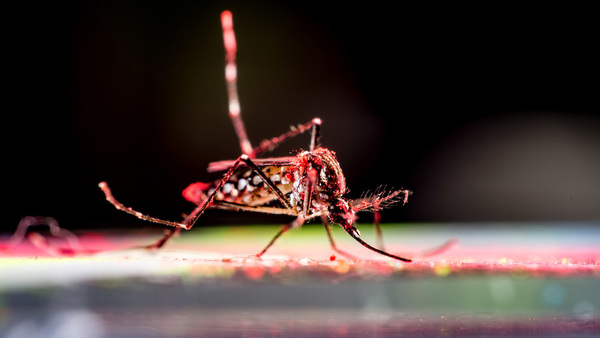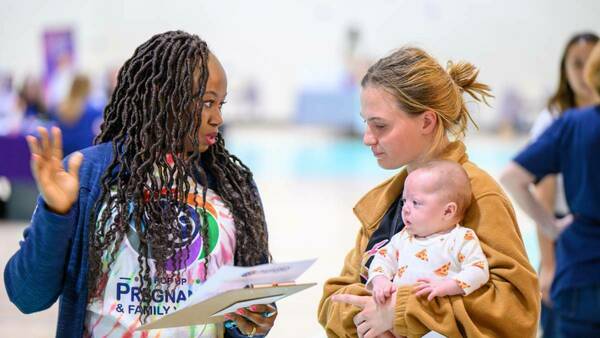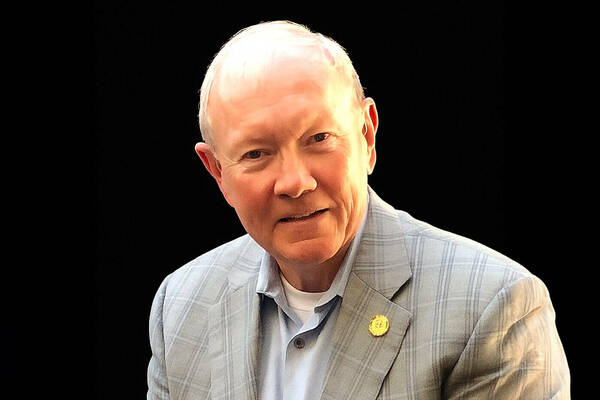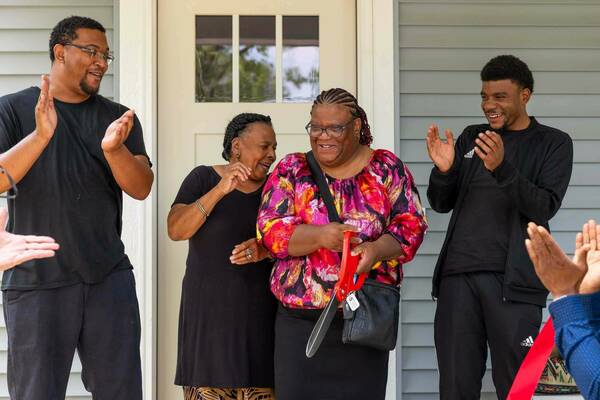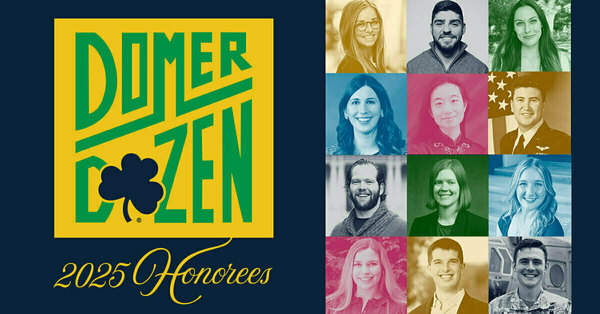Nanovic Institute awards 2023 Laura Shannon Prize to Stella Ghervas for book on war, diplomacy and peace in Europe
The Nanovic Institute for European Studies at the University of Notre Dame has awarded the 2023 Laura Shannon Prize in Contemporary European Studies to Stella Ghervas, professor of Russian history at Newcastle University, England, for her book “Conquering Peace: From the Enlightenment to the European Union,” published by Harvard University Press.
The $10,000 Laura Shannon Prize, one of the preeminent prizes for European studies, is awarded each year to the best book that transcends a focus on any one country, state or people to stimulate new ways of thinking about contemporary Europe as a whole. This year’s cycle of the award considered books in history and the social sciences published in 2020 or 2021.
In its statement, the final jury praised Ghervas’ work as brilliantly conceived, superbly executed and timely. The book, which integrates political, diplomatic, military, legal and intellectual history covering the entire European continent over more than three centuries, is a “highly original, analytically penetrating, magisterial narrative,” they stated.
“Stella Ghervas’ subject matter — postwar peacemaking and international efforts to sustain peace — could hardly be timelier or more important,” the jury wrote. “With a mastery of discrete bodies of scholarship that range from the 17th-century Peace of Westphalia to today’s European Union and its discontents, she compares the diverse ways in which European diplomats and politicians navigated the peace processes that concluded the War of the Spanish Succession, the Napoleonic Wars, World Wars I and II and the Cold War.”
The jury also lauded Ghervas’ reconstruction of a dialectical tradition and tension between proponents of a realist-minded balance of powers and protagonists who sought to fashion an ethos conducive to “perpetual (enduring) peace.”
“Beyond its virtuosic achievement as a work of history, ‘Conquering Peace’ is conspicuous for its present-day relevance and practical applicability,” they added. “Without ever letting distorting presentisms compromise her scholarly integrity or sophistication, Ghervas is alert to current tensions, challenges, and antagonisms among European states and beyond them. One can only hope that all professional diplomats, as well as politicians engaged in international affairs, will read and learn from this wise book.
“‘Conquering Peace’ is a stunning accomplishment that is destined to become a classic in modern European diplomatic history, political history, international relations and peace studies. It is eminently worthy of the Nanovic Institute’s Laura Shannon Prize for 2023.”
The final jury also awarded two Laura Shannon Prize Silver Medals, which carry a monetary prize. Emily Greble, professor of history and of German, Russian and East European studies at Vanderbilt University, was selected for her work “Muslims and the Making of Modern Europe,” published by Oxford University Press, and Mira Siegelberg, university associate professor in the history of international political thought at Cambridge University, was honored for her book, “Statelessness: A Modern History,” published by Harvard University Press.
The 2023 prize jury was composed of an accomplished group of scholars from history and the social sciences: Laura Lee Downs, professor of history at the European University Institute; Brad S. Gregory, the Henkels Family College Professor of History at the University of Notre Dame; Katy Hayward, professor of political sociology at Queen’s University Belfast; Eileen M. Hunt, professor of political science at the University of Notre Dame; and Helmut Walser Smith, the Martha Rivers Ingram Professor of History at Vanderbilt University.
Now in its 14th year, the Laura Shannon Prize is made possible through a generous endowment from Laura Shannon (1939-2021) and her husband, Michael, class of ’58. Laura Shannon became a member of the Nanovic Institute’s advisory board in 2003 and served for many years. As well as her work in social services and family court mediation, she was a regular visitor to Europe, particularly to France where she honed her language skills and explored libraries and cultural centers. Claire Shannon Kelly is carrying on her parents’ legacy as a member of the institute’s advisory board.
The Laura Shannon Prize is now accepting nominations for its 2024 prize in the humanities. European studies books published in 2021 or 2022 are eligible, with nominations due Feb. 15.
The Nanovic Institute seeks to enrich the intellectual culture of Notre Dame by creating an integrated, interdisciplinary home for students, faculty and visiting scholars to explore the evolving ideas, cultures, traditions, beliefs, moral challenges and institutions that shape Europe. The institute is an integral part of Notre Dame’s Keough School of Global Affairs.
For additional information about the Nanovic Institute and the Laura Shannon Prize, visit nanovic.nd.edu/prize.
Latest ND NewsWire
- Researchers deconstruct chikungunya outbreaks to improve prediction and vaccine developmentThe symptoms come on quickly — acute fever, followed by debilitating joint pain that can last for months. Though rarely fatal, the chikungunya virus, a mosquito-borne illness, can be particularly severe for high-risk individuals, including newborns and older adults. While the virus is common…
- Eck Institute investigator to strengthen postpartum care for Indiana mothersYenupini Joyce Adams, associate professor of the practice and maternal health lead for the Eck Institute for Global Health at the University of Notre Dame, is partnering with Beacon Health System to pilot a new, first-of-its-kind postpartum care model in the South Bend-Elkhart community.
- Gen. Martin Dempsey to speak at Notre Dame Forum event on ‘Hope, Global Stability and the Role of the United States’Gen. Martin Dempsey, the retired 18th chairman of the Joint Chiefs of Staff, will join University President Rev. Robert A. Dowd, C.S.C., for a fireside chat at 4 p.m. Friday (Oct. 10), as part of the 2025-26 Notre Dame Forum. The discussion, titled “Hope, Global Stability and the Role of the United States,” is part of the exploration of this year’s Notre Dame Forum theme, “Cultivating Hope.” It will take place in Rooms 215/216 of McKenna Hall and will also be livestreamed. The event is free and open to the public.
- University of Notre Dame joins the Global Coalition of Ukrainian StudiesThe University of Notre Dame has joined the Global Coalition of Ukrainian Studies after signing a memorandum of cooperation, formalized Sept. 24, at the Ukrainian Institute of America in New York City. Notre Dame joined four other American institutions that were also publicly welcomed to the coalition at this event: Arizona State University, Columbia University, Manor College and the Shevchenko Scientific Society.
- One year later, Inauguration Build a ‘dream come true’ for Habitat familiesOne year later, work on Inauguration Build 2024 is complete, offering shelter and so much more to five local families.
- Alumni Association and YoungND honor 2025 Domer DozenThe Notre Dame Alumni Association announced its 2025 Domer Dozen cohort, honoring 12 graduates ages 32 and younger for excellence in their contributions in learning, service, faith and work — the core pillars of the association’s mission.








